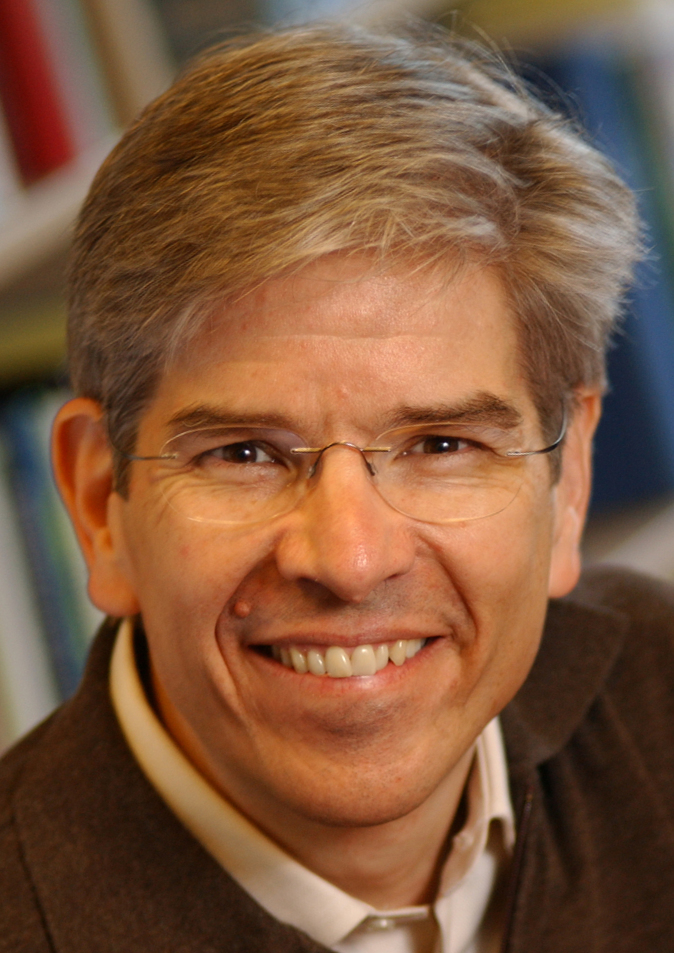At a news conference after the 2018 Nobel Memorial Prize in Economics announcement, as quoted in "2018 Nobel in Economics Is Awarded to William Nordhaus and Paul Romer" https://www.nytimes.com/2018/10/08/business/economic-science-nobel-prize.html The New York Times. October 8, 2018.
Famous Paul Romer Quotes
As quoted in "World Bank confirms NYU's Romer as next chief economist" https://www.reuters.com/article/us-worldbank-economist-idUSKCN0ZZ05A Reuters. July 18, 2016.
After learning that he was one of two recipients of the 2018 Nobel Memorial Prize in Economic Sciences, as quoted in "Two Top U.S. Economists Win Nobel for Work on Growth and Climate: Research of William D. Nordhaus and Paul M. Romer has had immense impact on global policy making, the Academy says" https://www.wsj.com/articles/nobel-in-economics-goes-to-american-pair-1538992672 The Wall Street Journal. October 8, 2018.
“A crisis is a terrible thing to waste.”
Discussing rapidly-increasing education levels and competition from countries outside of the United States in a 2004 venture capital meeting in California, as quoted in "A Terrible Thing to Waste." https://www.nytimes.com/2009/08/02/magazine/02FOB-onlanguage-t.html The New York Times Magazine. July 31, 2009.
About the quote: Even though Romer made this statement approximately four years before the 2008 Financial Crisis and the subsequent Great Recession, policy makers repeated the idea frequently during the Crisis and the Recession as a reminder that necessary economic and financial reforms which were previously politically impossible were now quite feasible. (See, for example, "A Crisis Is a Terrible Thing to Waste," https://ssir.org/articles/entry/a_crisis_is_a_terrible_thing_to_waste Stanford Social Innovation Review, July 21, 2010).
At a news conference following the 2018 Nobel Memorial Prize in Economics announcement, as quoted in "2 Americans win econ Nobel for work on climate and growth" https://www.apnews.com/c3e7552c033748e683d502d890613b8b Associated Press. October 8, 2018.
“The amazing thing about cities is that they're worth so much more than it costs to build them.”
TED 2011 "The world's first charter city?" https://www.ted.com/talks/paul_romer_the_world_s_first_charter_city
